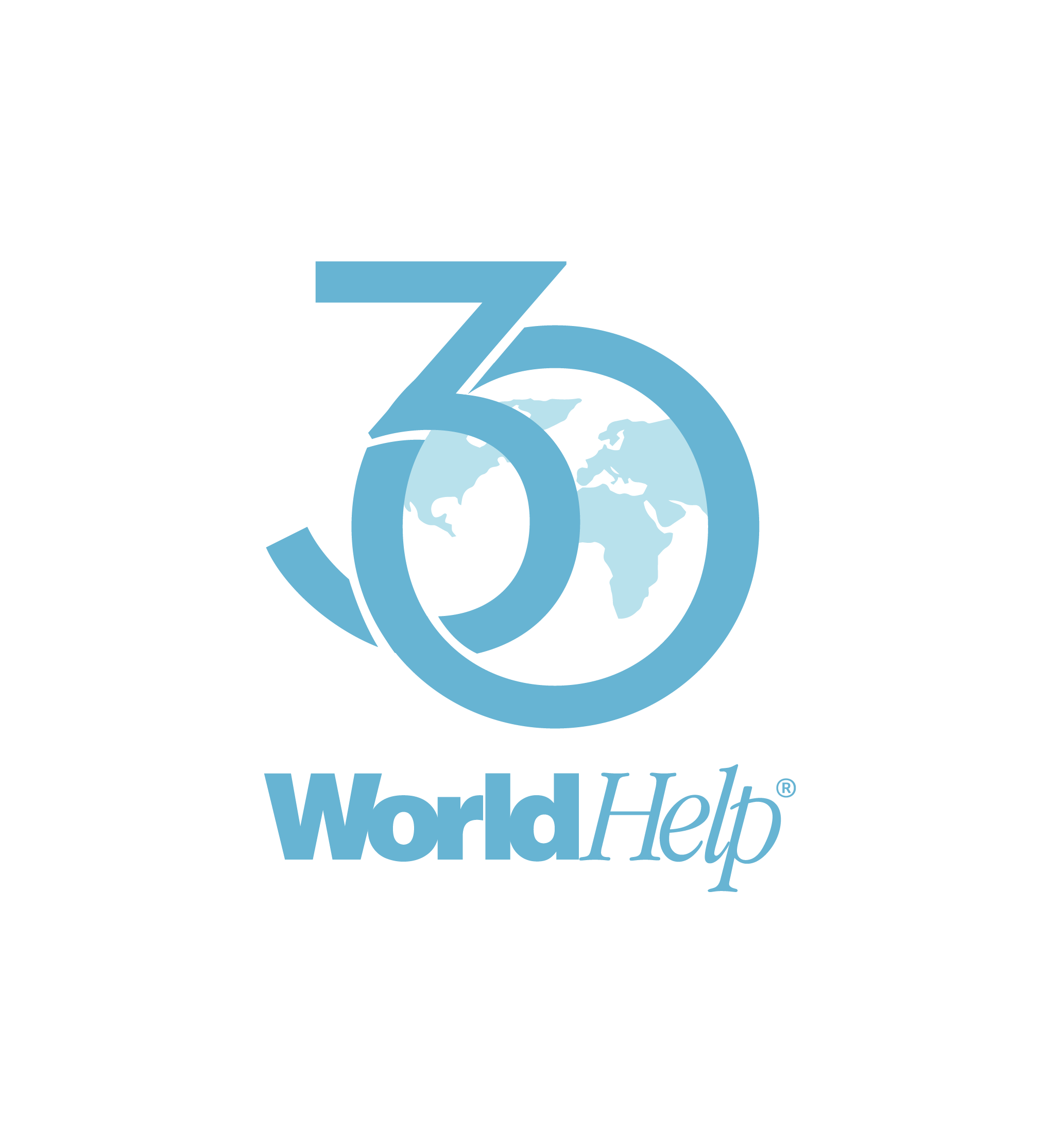The village of Kaboga, Rwanda, is found at the end of dirt path flanked on either side by sprawling green rows of banana trees. This is the humble home to 45 widows and their children.
The shockwaves of the genocide that leveled the country two decades ago are still reverberating in the lives of those who have been left behind.
Among the estimated 300,000 Tutsi survivors, there were up to 10 times as many widows as widowers. Many of these women had seen their husbands hacked to death with machetes and their children thrown into latrines; some had been abducted, mutilated, gang-raped and infected with HIV. /// READ MORE
After the slaughter, the government of Rwanda worked to identify and aid this remnant of struggling women and their children—both those who survived the genocide and those born later as a result of rape, in addition to countless adopted orphans—and built homes for them.
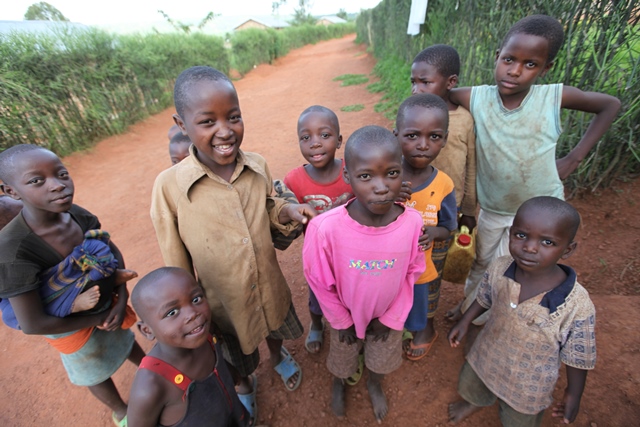
The four walls provided safety and stability—something desperately needed after the country was ripped apart by fear and hatred. But with thousands desperate for assistance to rebuild their lives, there were simply not enough resources for the government to fully assist every person in need.
For years, Rose Marie, a spokeswoman for the widow’s community, had been praying fervently for God to provide three necessities needed for Kaboga’s ascent to full health and healing: clean water, education for the children, and electricity.
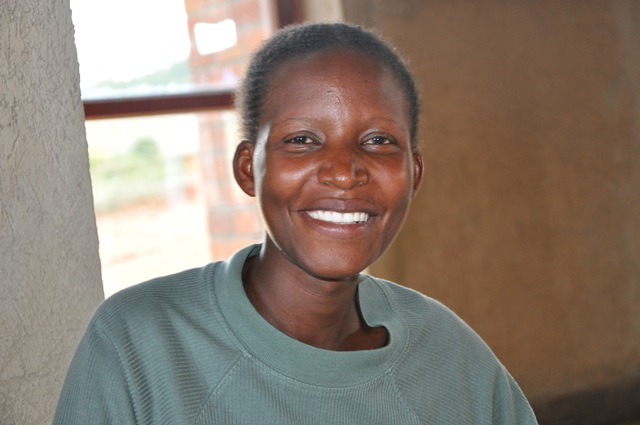
In 2011, her first prayer was answered. One of our lead partners in Rwanda, Bishop Nathan Amooti, told us about the widow’s village and the staggering need for support.
Through World Help’s clean-water initiative, causelife, supporters from all over the country joined together under the mission to bring Kaboga clean water for the very first time.
Kevin and Pam Foster were among the first to passionately step forward to help. Harnessing their business experience and Kevin’s love for golf, the Foster’s hosted a local invitational that is now embarking on its fifth year of successful operation. Part of the first tournament’s proceeds went directly toward funding Kaboga’s inaugural well. Rose Marie’s first prayer was answered.
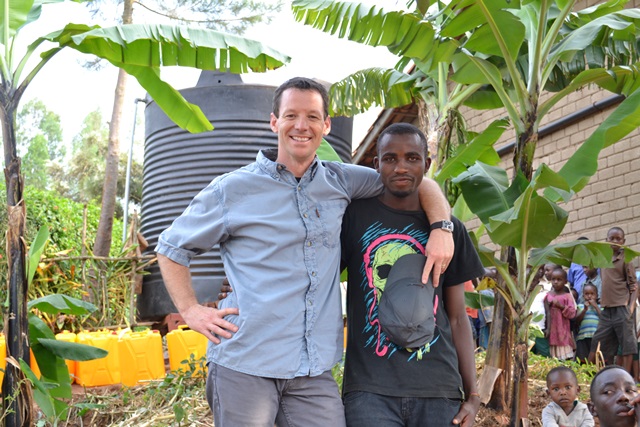
During the dedication of the village well, she prayed a prayer that no one present will ever forget, beginning with these words: “Heavenly father, Husband to the widows, Father to the fatherless, and strength for the weak . . .”
Soon after, World Help donors from local churches nationwide came together to provide a second well for the local primary school, supported by our sponsorship program. The advent of the well meant more children could attend school and enjoy the convenience of having a clean-water source to use throughout the school day.
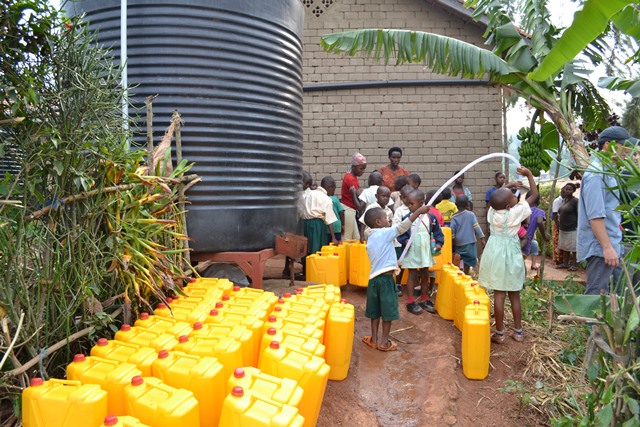
Over the past few years, the widow’s village has been lifted out of obscurity and put at the forefront of our donor’s minds and hearts.
Recently, a group of college students from Liberty University (LU) went to see for themselves how these remarkable women have been empowered to provide for themselves through sustainable agriculture, irrigation through the new well systems, and the implementation of local vocational programs.
The students, many of whom were studying nursing, provided medical assistance to the community and became very close to the mothers and their children. The trip sparked yet another vision to come alongside the Kaboga widows to answer Rose Marie’s second prayer: to provide education for the children of the community.
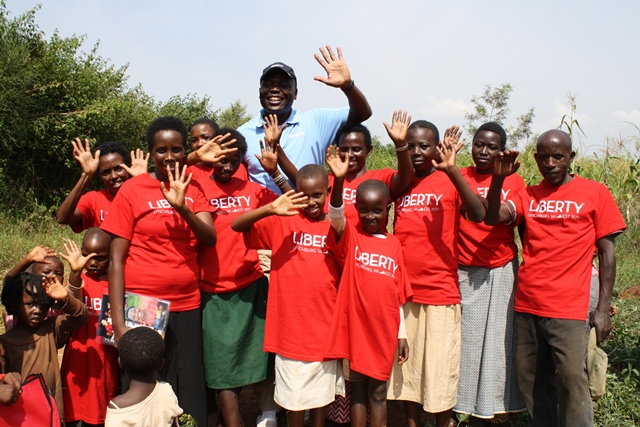
The next time the LU students made their way up the dirt path and past the banana plantations, it was to dedicate a brand-new pre-school building where 39 of Kaboga’s youngest residents could build an early foundation of learning. The school has offered a place of safety and stability, while also enabling mothers to learn trade skills from local vocational programs in an effort to eventually build sustainable businesses to support their families.
We are still praying for the financial support in answer to Rose Marie’s third prayer: community-wide access to electricity—believing that God already has a plan in motion to meet this critical need.
The uncanny wave of violence that swallowed Rwanda in 1994 lasted for 90 endless days, but the pain and devastation have been resounding for decades after What was allowed to transpire between the Hutus and Tutsis as with so many world tragedies—from the horrors of the transatlantic slave industry, to the Holocaust, to today’s humanitarian crisis in the Middle East—grimly reflect humanity’s moral blind spots . . . the times where, for one reason or another—by indifference, dismissal, or even justification—evil continued, unchecked, for far longer than it should have. The sounds of these innocent lives being extinguished have not been silenced from the hills of Rwanda. They echo in the generations beyond reminding every man, woman, and child—reminding us—that we can never forget.
And yet, we know that God is moving in Rwanda, piecing lives and hearts back together. With every act of love and forgiveness, another trembling hand is steadied by another, adding to the effort to restore Rwanda’s people from the inside-out.
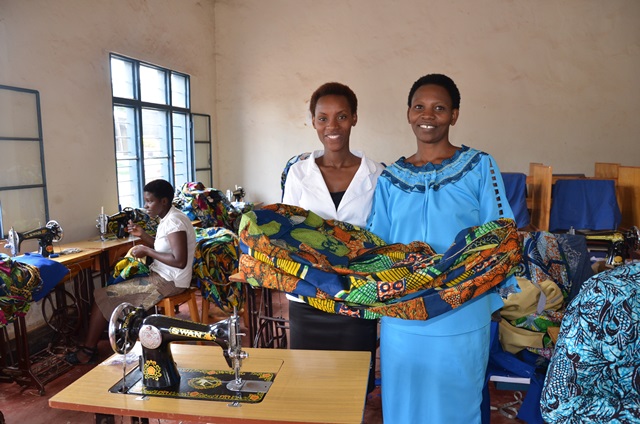
Rose Marie and her sisters at the Kaboga widow’s village are a microcosm of a much larger movement in Rwanda toward the redemptive act of reclaiming life, piece by piece, brick by brick, prayer by prayer.




